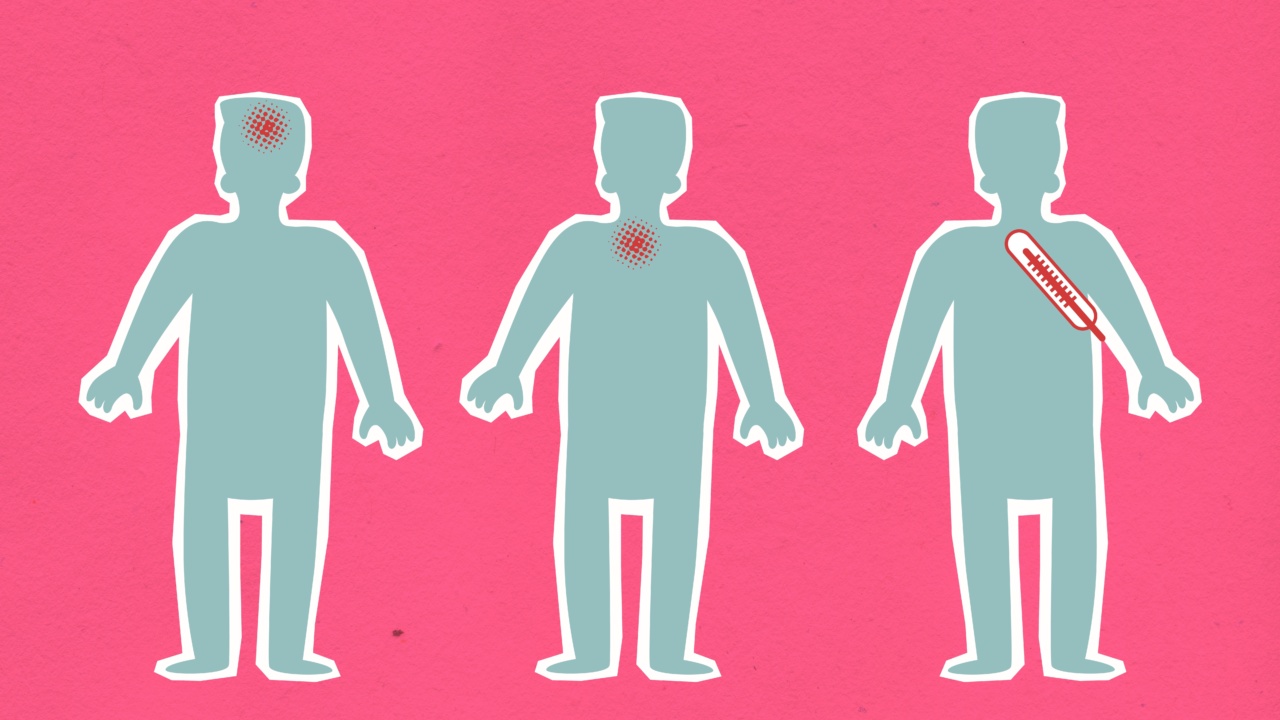Body aches and soreness are often associated with physical exertion, illness, or injury. However, there are several uncommon reasons that can cause these symptoms.
Understanding these less well-known causes can help you identify the source of your discomfort and seek appropriate treatment. In this article, we will explore ten unexpected factors that may contribute to body aches and soreness.
1. Nutritional Deficiencies
Unbalanced diets lacking essential nutrients can lead to muscle pain and general body soreness. Deficiencies in vitamins D, C, B12, or magnesium, for example, can affect muscle function and cause discomfort.
It is important to maintain a well-rounded diet that includes adequate amounts of these essential nutrients. If you suspect a deficiency, consult with a healthcare professional for proper diagnosis and guidance on supplementation.
2. Stress and Anxiety
Psychological factors like stress and anxiety can manifest in physical symptoms, including body aches and soreness. Chronic stress can contribute to muscle tension and inflammation, leading to discomfort throughout the body.
Managing stress levels through relaxation techniques, physical exercise, and seeking professional help can help alleviate these symptoms.
3. Medication Side Effects
Certain medications, such as statins used to lower cholesterol levels, can cause muscle pain and soreness as a side effect.
Other drugs that can potentially contribute to these symptoms include ACE inhibitors, chemotherapy drugs, and antipsychotic medications. If you suspect that your medication is causing body aches and soreness, consult your healthcare provider for alternative options.
4. Fibromyalgia
Fibromyalgia is a chronic condition characterized by widespread musculoskeletal pain, fatigue, and tenderness. The exact cause of fibromyalgia is unknown, but it is believed to involve a combination of genetic and environmental factors.
People with fibromyalgia often experience body aches and soreness that can vary in intensity throughout different parts of the body. Seeking medical evaluation is critical for an accurate diagnosis and the development of a suitable treatment plan.
5. Sleep Disorders
Sleep disorders such as insomnia or sleep apnea can contribute to body aches and soreness. Lack of quality sleep can lead to muscle fatigue, tension, and overall discomfort.
Improving sleep hygiene, seeking appropriate treatment for sleep disorders, and establishing a consistent sleep schedule can help reduce these symptoms.
6. Chronic Fatigue Syndrome
Chronic Fatigue Syndrome (CFS) is a complex disorder characterized by extreme fatigue that is not relieved by rest and is often accompanied by body aches and soreness.
The exact cause of CFS is unknown, but it is thought to involve a combination of viral infections, immune system dysfunction, and hormonal imbalances. Individuals with CFS may experience widespread muscle pain and tenderness. If you suspect you have CFS, consulting with a healthcare professional is crucial for proper diagnosis and management.
7. Hormonal Imbalances
Hormonal imbalances can affect various aspects of health, including muscle function and pain perception. Conditions like hypothyroidism or adrenal fatigue can lead to body aches and soreness due to the hormonal disruptions they cause.
Seeking medical evaluation and appropriate hormone treatment can help alleviate these symptoms.
8. Autoimmune Disorders
Autoimmune disorders, such as rheumatoid arthritis or lupus, can cause chronic inflammation, joint pain, and muscle soreness. These conditions occur when the immune system mistakenly attacks healthy tissues, resulting in discomfort throughout the body.
Early diagnosis and appropriate medical management are essential for controlling symptoms and preventing further damage.
9. Environmental Factors
Exposure to certain environmental factors can contribute to body aches and soreness.
Working in physically demanding occupations, exposure to hazardous chemicals, or living in areas with extreme temperatures or high pollution levels may lead to muscular discomfort. Taking necessary precautions, such as using protective gear, practicing proper ergonomics, or relocating to a healthier environment, can help alleviate these symptoms.
10. Vitamin D Deficiency
Vitamin D is essential for bone health and overall well-being. Deficiencies in vitamin D can cause musculoskeletal pain and body aches.
Spending more time indoors, living in regions with limited sunlight, or having a condition that impairs vitamin D absorption are all factors that can contribute to vitamin D deficiency. If you suspect low vitamin D levels, consult with a healthcare professional for proper evaluation and guidance on supplementation.































